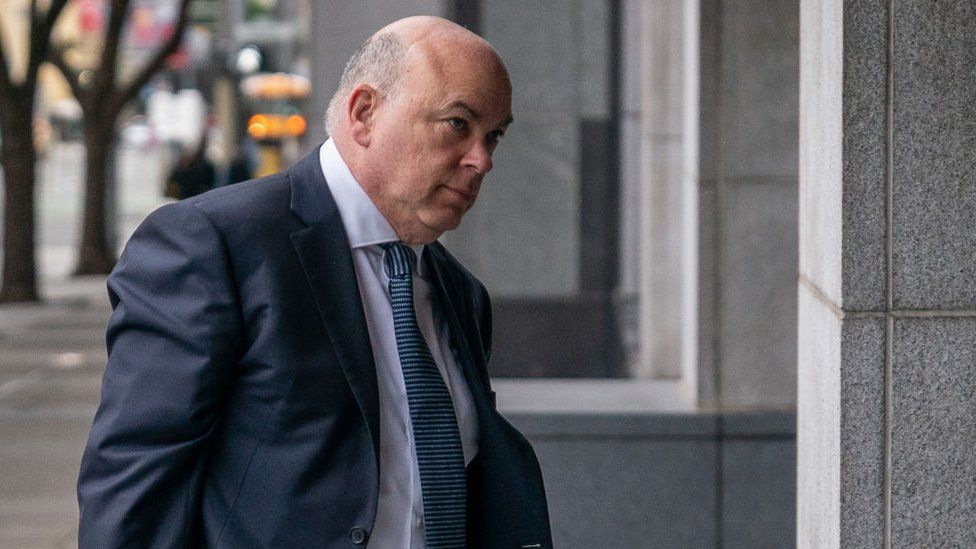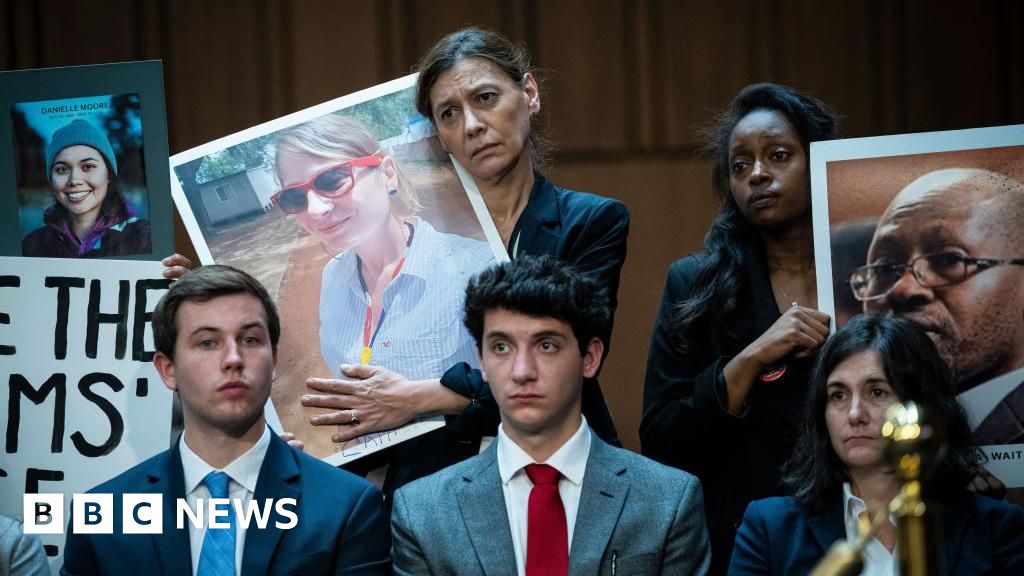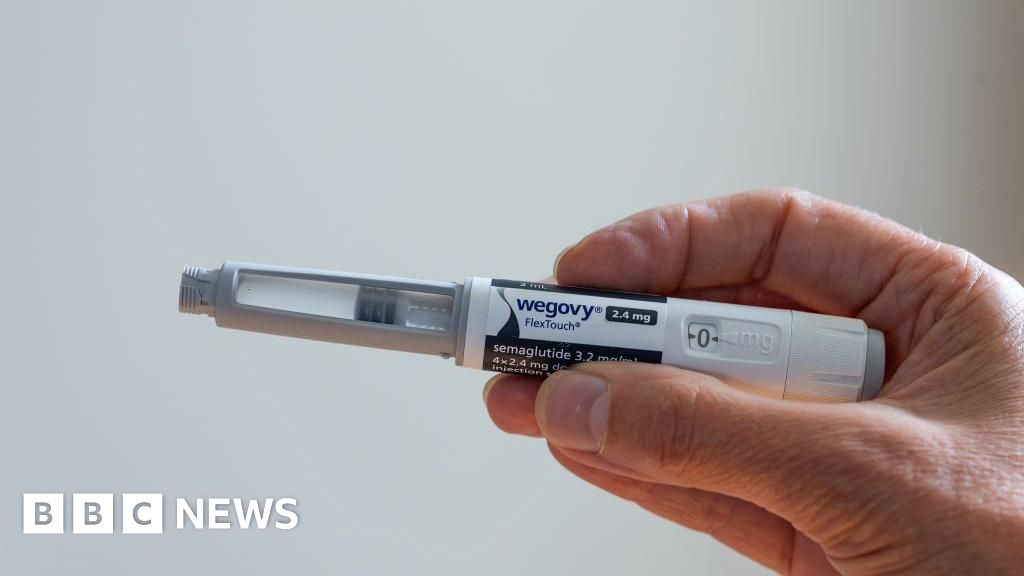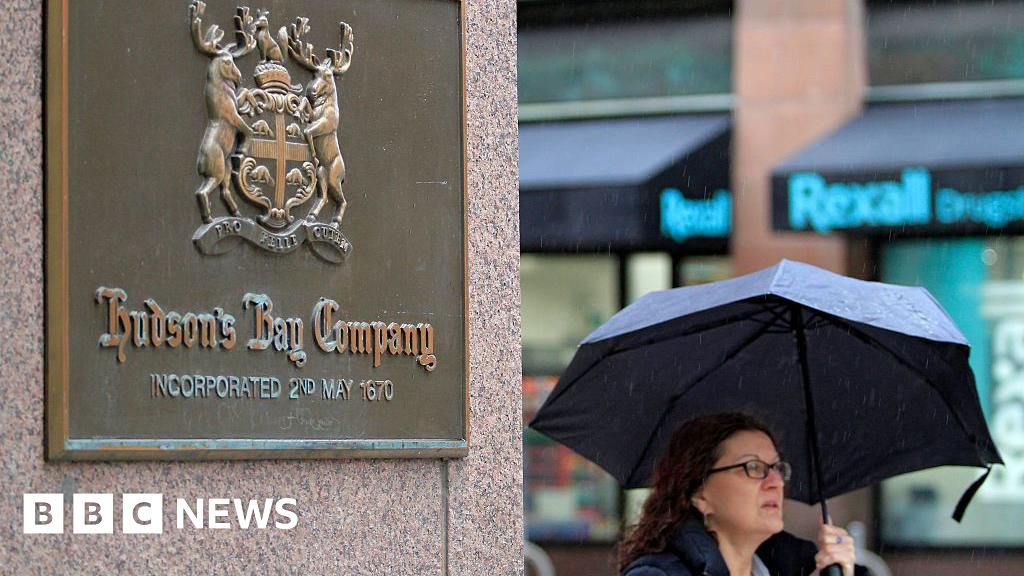ARTICLE AD BOX
 Image source, Getty Images/Bloomberg
Image source, Getty Images/Bloomberg
Mike Lynch arriving at federal court in San Francisco on Monday
British tech entrepreneur Mike Lynch is appearing in court in the US, as his trial on fraud charges gets under way.
Once dubbed "Britain's Bill Gates", Mr Lynch is accused of overinflating the value of his software firm when he sold it to Hewlett-Packard (HP) in 2011.
The 58-year-old, who faces 16 charges, faces up to 25 years in prison if convicted. He denies the claims.
He was extradited to the US last year, after a UK judge ruled in favour of HP in a similar civil fraud case.
Mike Lynch co-founded Autonomy in 1996. It grew to become one of the UK's top 100 public companies, known for software that could extract useful information from "unstructured" sources such as phone calls, emails or video.
At the time of its sale to HP for $11.1bn, the deal ranked as the largest-ever takeover of a British technology business.
But just a year later, HP wrote down the value of Autonomy by $8.8bn and claimed it had been duped into overpaying for the company.
US prosecutors in San Francisco say he backdated agreements to mislead about the company's sales; concealed the firm's loss-making business reselling hardware; and intimidated or paid off people who raised concerns, among other claims.
In court filings, his attorneys have argued that the "real reason for the write-down" was a failure by HP to manage the merger.
"Then, with its stock price crumbling under the weight of its own mismanagement, circled the wagons to protect its new leaders and wantonly accused" Mr Lynch of fraud, they wrote.
Mr Lynch, a former UK government adviser who sat on the boards of the BBC and the British Library, vigorously fought attempts by US prosecutors to bring him to trial in America, which is known for its punitive approach to white-collar crime.
In 2019, Autonomy's former chief financial officer Sushovan Hussain was jailed for five years and fined millions of dollars on 16 counts of fraud, securities fraud and other charges.
In 2022, HP won a civil fraud case against Mr Lynch and Hussain heard by London's High Court. It is now seeking a reported $4bn.
In that case, Mr Lynch and Hussain argued that HP's claim was "'manufactured' to cover and justify a change of corporate mind, and to cast them as scapegoats for what in reality is buyer's remorse coupled with management failings".

 1 year ago
80
1 year ago
80








 English (US) ·
English (US) ·